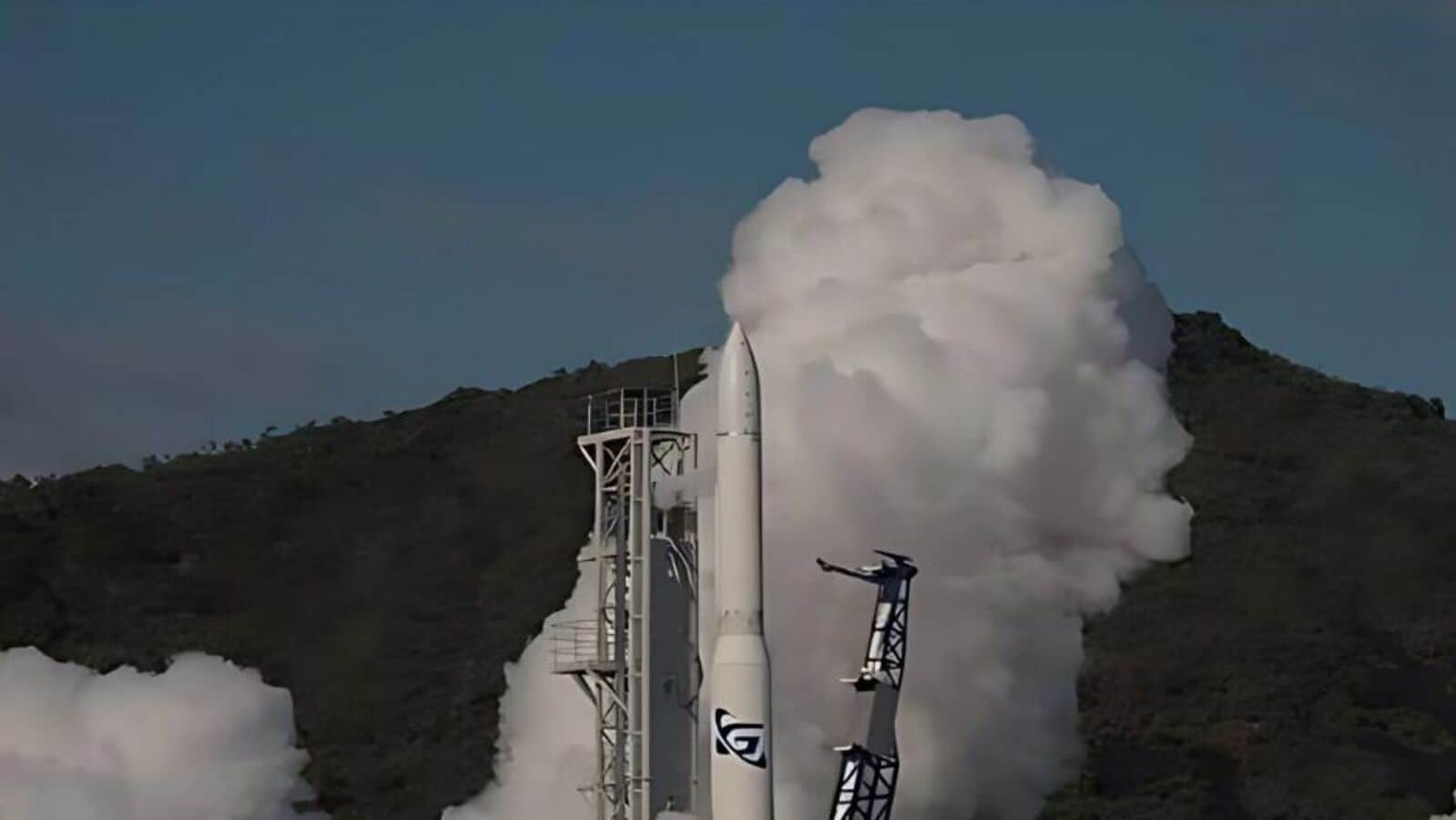Australian rocket crashes 14 seconds after lift off from launch pad – Watch video

An Australian rocket, representing the country’s first attempt to reach orbit with a domestically produced vehicle, crashed soon after launch.
On Wednesday, Gilmour Space Technologies, a space startup, conducted its first test flight of the Eris rocket from its Bowen Orbital Spaceport, approximately 1,000 kilometres (620 miles) northwest of Brisbane. The flight lasted about 14 seconds, reported Bloomberg, citing a company statement.
The launch occurred after months of delays, as Gilmour Space initially planned to debut in March but had to postpone several times, including a delay in May due to a problem with the rocket’s payload fairing.
“Space is hard,” said Chief Executive Officer Adam Gilmour in the statement. “SpaceX, Rocket Lab and others needed multiple test flights to reach orbit. We’ve learned a tremendous amount that will go directly into improving our next vehicle, which is already in production,” he added.
It’s common for new rockets to fail on their initial launch, and the three-stage Eris rocket wasn’t carrying any satellites or valuable payloads. Gilmour told Bloomberg News before the launch that success would mean just successfully lifting off the launch pad.
The Eris carried a small payload, which included a jar of Vegemite, the thick black spread on toast that is typically considered a national symbol of Australia.
Gilmour Space, based in the Gold Coast, Queensland, began its rocket programme in 2015 and had initially planned to launch by 2023. The launch date was postponed while awaiting regulatory approval.
The approximately 25-metre (82-foot) tall rocket utilises a hybrid liquid-solid propellant system, which Gilmour Space claims is safer and cheaper than the liquid or solid fuels used by many other rockets.
On July 25, the Australian Space Agency announced that Gilmour was awarded A$5 million (approximately $3.3 million) from the Australian government to speed up the rocket engine development. The company also receives support from investors such as Blackbird Ventures and Queensland Investment Corporation.
“We have quite a lot of investors that are interested in investing in the company,” Gilmour said. “But they’re obviously waiting to see what happens with the launch before they decide to invest or not.”



